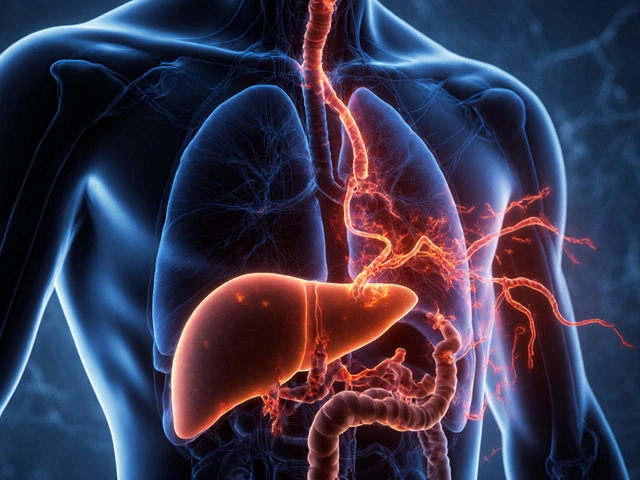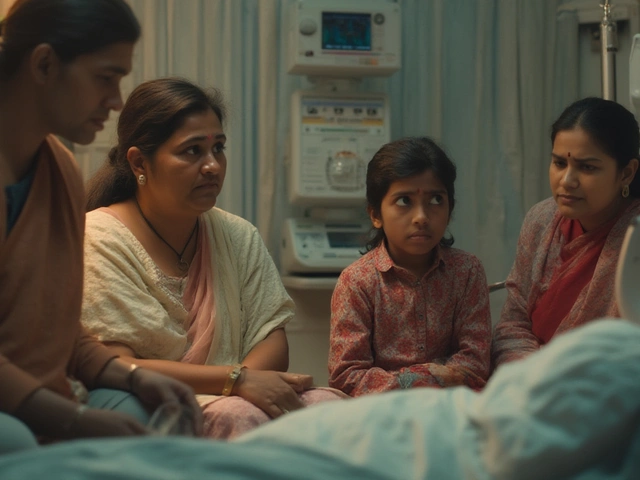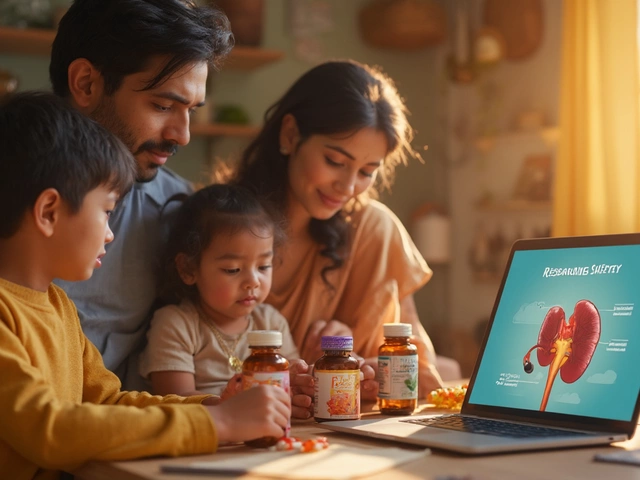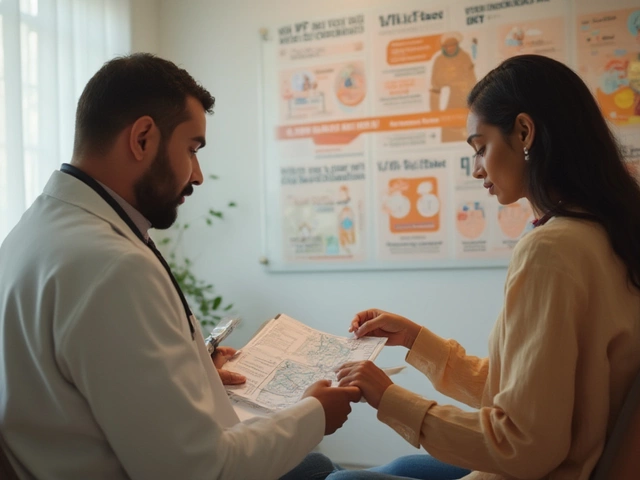Medication Safety: Simple Steps to Keep You Healthy
Ever wondered why some medicines cause weird reactions while others work fine? Most of the time it’s not magic—it’s about how you handle the drugs. Below are easy, everyday actions that can stop nasty side effects before they start.
Know What You’re Taking
First, write down every pill, syrup, or cream you use. Include the brand name, dose, and why you take it. Having a list handy lets you spot duplicate ingredients, like two different brands that both contain paracetamol. Duplicate doses are a common cause of liver trouble.
Read the label every time you pick up a new bottle. The active ingredient, strength, and expiry date are right there. If anything looks fuzzy, ask the pharmacist to show you the information sheet. A quick glance can save weeks of health headaches.
Shop at Trusted Pharmacies
India has a booming market for cheap meds, but not all of them are genuine. Stick to licensed pharmacies that display a valid license number. Counterfeit drugs often miss the active ingredient or contain harmful fillers, leading to treatment failure or unexpected toxicity.
When you buy online, verify the seller’s credentials and look for reviews that mention product authenticity. If a price seems too good to be true, it probably is.
Watch for Interactions
Many side effects happen because two medicines clash. Before you start a new prescription, tell your doctor about all the over‑the‑counter pills and herbal supplements you already take. Even common herbs like turmeric can boost the effect of blood thinners.
Use a free drug‑interaction checker on a reputable health site, or ask the pharmacist to run a quick check. It only takes a minute and can prevent serious problems like bleeding or heart rhythm issues.
Store Drugs Properly
Heat, humidity, and light break down many medicines. Keep tablets in a cool, dry place—away from the kitchen sink and direct sunlight. Some liquids need refrigeration; if you’re unsure, the label will say “store below 8°C”.
Never keep medicines in the bathroom cabinet, where steam can ruin them. A simple kitchen drawer or a dedicated medicine box works better.
Know the Red Flags
If you feel nausea, rash, dizziness, or any new symptom after starting a drug, don’t ignore it. Call your doctor or pharmacist right away. Early reporting often prevents the problem from getting worse.
Also watch for visual changes, swelling, or severe fatigue—these can signal organ damage. Document the timing of symptoms; it helps the doctor figure out which medicine is the culprit.
Use Technology Wisely
Smartphone apps can remind you when to take pills, track doses, and store your medication list. Set alerts for refill dates so you never run out and end up buying a cheap, unverified copy at the last minute.
Most apps also let you scan a barcode to pull up safety information instantly. It’s a handy backup when you’re in a hurry.
Talk to Your Health Team
Never feel shy about asking why a drug is prescribed, what side effects to expect, or whether a generic version is safe. A good doctor or pharmacist will explain in plain language and answer all your questions.
When you leave the clinic, repeat the instructions back to confirm you understood the dosage and timing. This simple step catches miscommunication before it turns into a mistake.
Medication safety isn’t rocket science—it’s about staying informed, double‑checking, and keeping open communication with your health providers. Follow these steps, and you’ll reduce the risk of toxic reactions while getting the full benefit of your treatment.

Online Pharmacies: What Risks Should You Know About?
Online pharmacies can be super convenient, but they also come with risks that aren't always obvious. You might get fake pills, fall into scams, or end up sharing your data with the wrong people. Prescription rules and drug quality often slip through the cracks online. Here, you'll see clear tips and real dangers to watch for before making any online medicine orders.
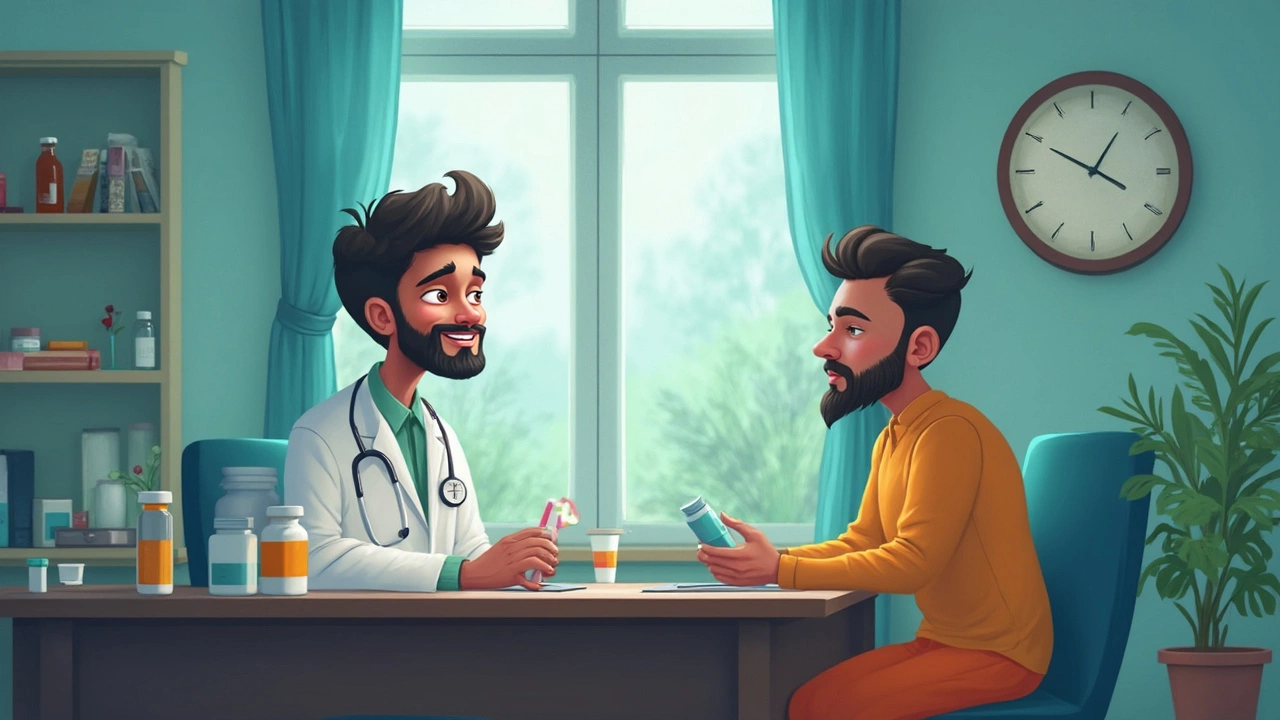
Safest Diabetic Medications: What's Best for You?
Choosing the safest medication for diabetes isn't one-size-fits-all. Several factors like type of diabetes and individual health needs play a crucial role. This article explores the most dependable diabetes drugs, highlighting their safety profiles, and provides practical guidance for selecting the best option. Discover which medications offer the right balance of effectiveness and safety.

Top 3 Survivable Cancers: Understanding and Hope
Mar, 8 2025
